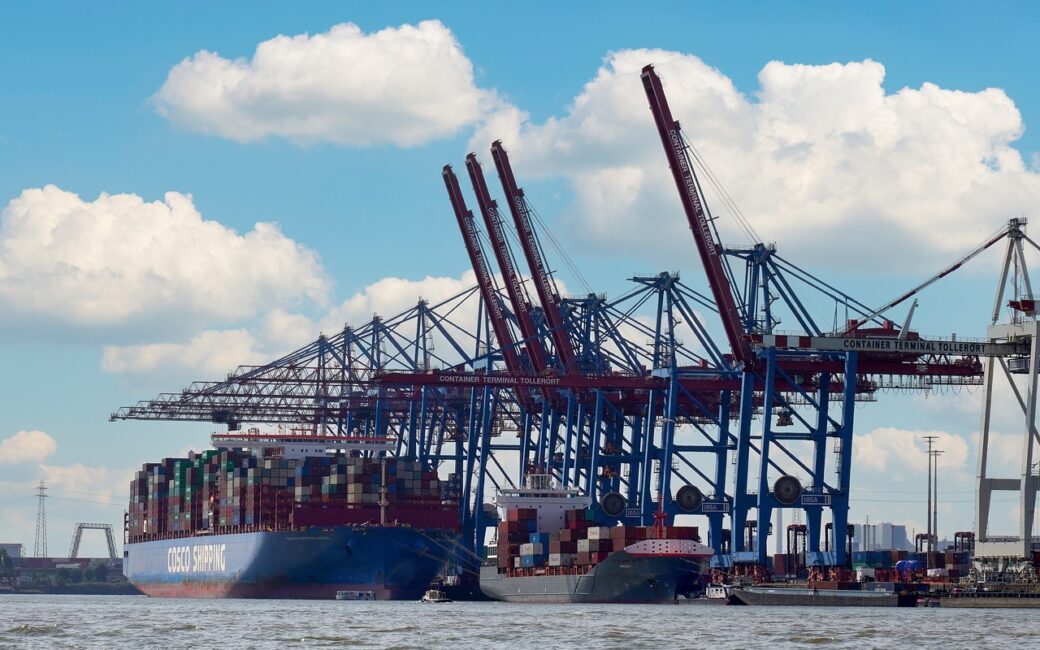The SBA Blog
Navigating the Corporate Supply Chain Due Diligence Directive (CSDDD): Implications for UK Businesses
12 May 2024.
Overview of CSDDD for UK Businesses
CSDDD mandates rigorous due diligence processes to identify, prevent, mitigate, and report on human rights and environmental risks in supply chains. UK businesses involved in the EU market must align with these regulations to maintain and expand their European operations, ensuring compliance to avoid potential barriers and penalties.
Key Implications for UK Businesses
- Market Access: Continued access to the EU market requires compliance with CSDDD. UK businesses must ensure their supply chain practices meet EU standards, despite the UK's regulatory divergence from the EU post-Brexit.
- Supply Chain Restructuring: UK companies might need to restructure their supply chains to ensure transparency and adherence to the due diligence processes outlined by the directive, potentially altering relationships with suppliers who cannot meet these standards.
- Compliance Costs: The financial implications of adapting to CSDDD can be significant. This includes costs associated with auditing, monitoring, and reporting, as well as potential adjustments in sourcing and procurement strategies.
- Reputational Considerations: Aligning with CSDDD can enhance a company’s reputation by showcasing a commitment to ethical practices. Failure to comply, however, can damage a company's reputation, not just in the EU but globally.
Steps for UK Businesses to Comply with CSDDD
- Conduct Comprehensive Risk Assessments: Implement regular and thorough risk assessments to understand and mitigate potential adverse impacts in your supply chains.
- Develop Action Plans: Create and maintain effective action plans that address identified risks, detailing measures to prevent or mitigate human rights and environmental harm.
- Improve Reporting Mechanisms: Ensure robust and transparent reporting mechanisms are in place. This will not only help in demonstrating compliance but also in maintaining trust with consumers and stakeholders.
- Establish Grievance Mechanisms: Set up or participate in grievance mechanisms that allow issues related to supply chain impacts to be reported and addressed effectively.
- Engage with EU Partners: Since the directive applies to the EU, working closely with EU-based partners and suppliers will be crucial. They can provide insights and support to ensure compliance across the entire supply chain.
Conclusion
For UK businesses, the Corporate Supply Chain Due Diligence Directive represents both a challenge and an opportunity. As they navigate post-Brexit complexities, adhering to international standards like the CSDDD is vital for maintaining good standing and access in the EU market. By adopting robust due diligence practices, UK businesses can not only comply with the directive but also enhance their competitive edge by committing to sustainable and responsible business practices. This proactive approach will be beneficial in managing risks and capitalizing on opportunities in an increasingly regulated global environment.

